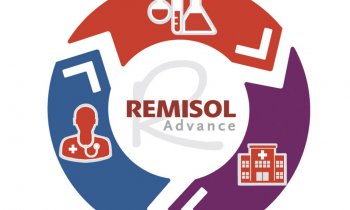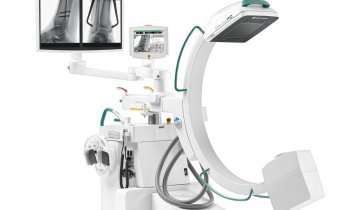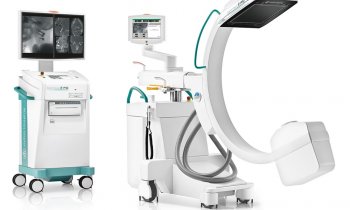The fmCh Public Database
Swiss surgical patients can check on and correct their treatment data and thereby facilitate reliable hospital benchmarking. In 1995, surgeons in the Biel, Burgdorf and Zurich Limmattal hospitals founded the Working Group for Quality Assurance in Surgery (AQC) to collect and compare reatment data.

Today, although initially belittled, this first surgical quality network numbers around 70% of all Swiss hospitals.
Initially used by general surgeons and trauma surgeons in particular, the network now has representatives from all surgical sub-specialities and attending doctors are increasingly inputting patient data and treatment results onto this AQC database, with adherence to data protection laws.
Since September 2010, patients have been able to check the accuracy of those entries with the help of the fmCh Public Database and, if necessary, officially object to them. For this so far unique transparency in medical quality assurance worldwide, the fmCh Public Database was awarded the first Swiss Quality Innovation Award at the 3rd National Quality Symposium 2010.
Published quality data without public control are almost worthless. Through the use of the Public Database data quality and their significance increase and become more reliable as they take into account the most important aspect of treatment: the satisfaction and well-being of the patient. The opportunity for direct feedback also increases the relationship and mutual trust between patients and doctors. ‘Being asked to check their own data makes patients feel valued, and the hospital presents itself as a transparent and patient-oriented institution. In return, the doctors responsible for data collection have a strong incentive to input data truthfully and accurately,’ Dr Luzi Rageth (from the AQC), explained.
Participation in the fmCh Public Database does not entail a large expense. In participating hospitals patients being discharged are handed a letter that explains how they can access the quality assurance data about themselves. They receive an questionnaire for postal replies, or a password for an electronic response (www.publicdatabase.ch). The patient can then check the accuracy of his/her own data, such as state of health on admission, diagnosis and surgery, as well as case-related or postoperative complications and give any feedback. The hospital can accept the patient’s request for corrections or choose to discuss them. The first results from the fmCh Public Database are encouraging. Individual hospitals have had a response rate of 30%. Overall, almost 1,800 patients have responded, of which 83% confirmed the data entered without any need for correction, whilst 17% requested corrections. In 14% of cases the responsible doctor accepted the corrections
request immediately; only in about 1% of cases did doctor and patient views not concur at all.
Overall, this shows very high patient satisfaction with the doctors and hospitals. 98% of patients who gave their feedback around 6-8 weeks after discharge would recommend the hospitals participating in the Public Database, rating them a 5 or 6 (corresponds with a German 2 or 1). So far, based on AQC data, about six hospitals are participating in the interactive version of the Public Database, which is structured so that it can also be used by other quality assurance systems, e.g. Swiss Registers.
The ISO -certified AQC and the Public Database ideally fit into the quality assurance set-up of the hospital. AQC tools are perfectly matched with one another. From data capture to validation and analysis, all tools are connected to the same database to generate the greatest possible use. With currently more than 750,000 cases, AQC data collation is a self-contained system where the doctor alone decides what happens with the data entered. AQC data can be entered as follows: Transfer directly from the HIS , via hard copy questionnaire or via adjument.net. From May, there also will be an opportunity to evaluate via the online portal www.aqc.ch . Only a controlled flow of data moves from the AQC database into the fmCh Public Database, with the internal data remaining in the hospital. Dr Rageth hopes that participation in the Public Database will then increase further because only a larger response rate will facilitate a representative publication of the data.
For the future, Dr Rageth also plans the utilisation of the opportunities of Web 2.0. for the Public Database, next to the existing evaluation platform and the impending anonymised publication of data. This is to enable patients to communicate directly with one another about hospitals and treatment results in a secure area. Even if more hospitals could be participating in the initial phase of the fmCh Public Database, Luzi Rageth is convinced that the Public Database will establish itself in Switzerland: ‘It gives doctors the security to communicate with patients about the quality of their work. Unlike statistics about complication rates, Public Database shows the interested public vividly where the largest numbers of cases with the best quality are. Instead of drawing attention to failures we deliver the statistics on what is good.’
To date, medics from Germany, France, China, Egypt and even the United Arab Emirates have expressed an interest in the service.
30.04.2012










